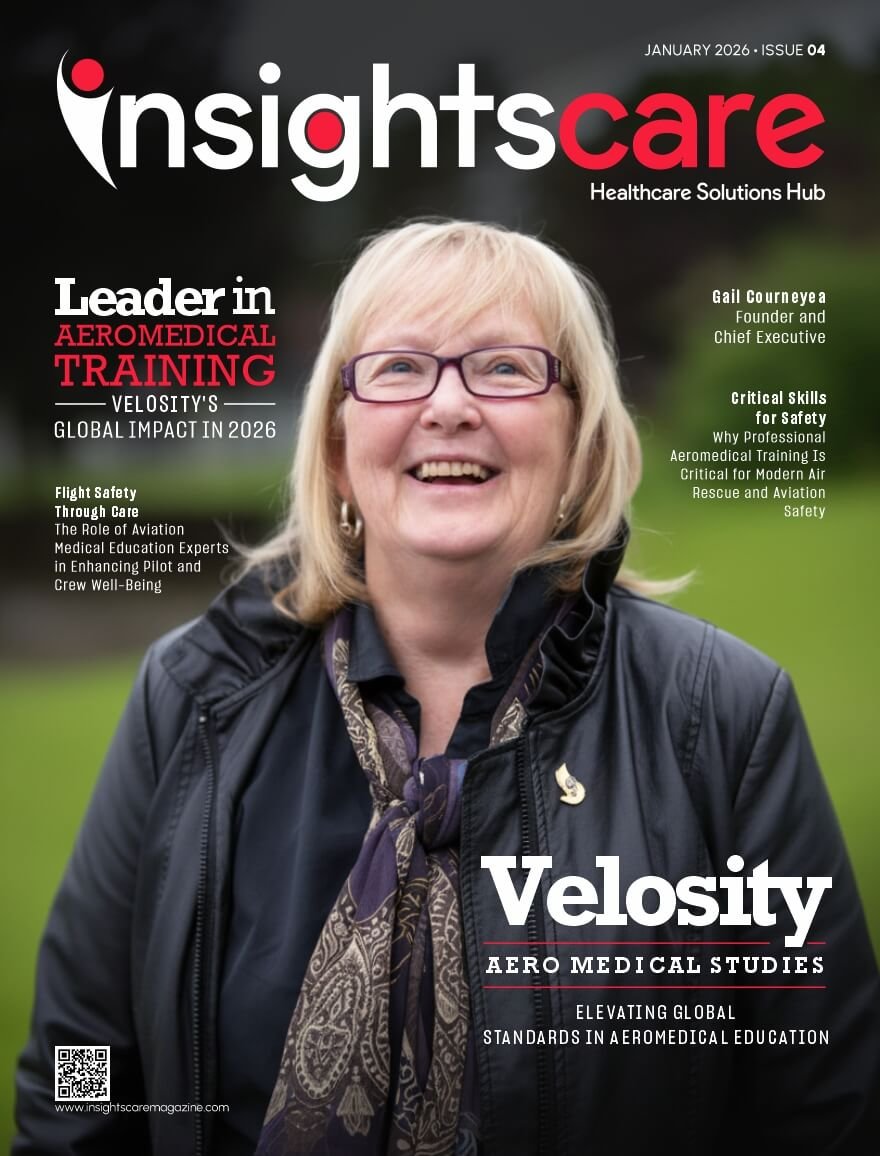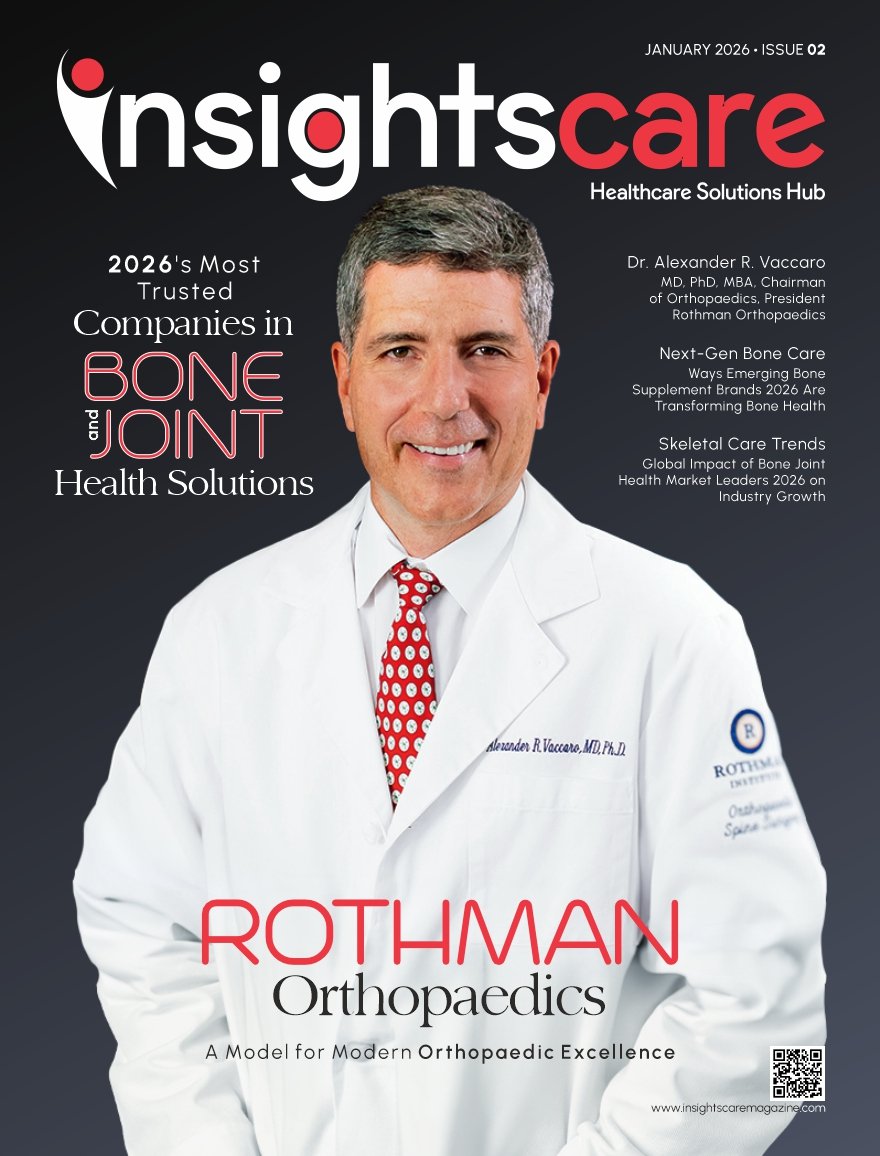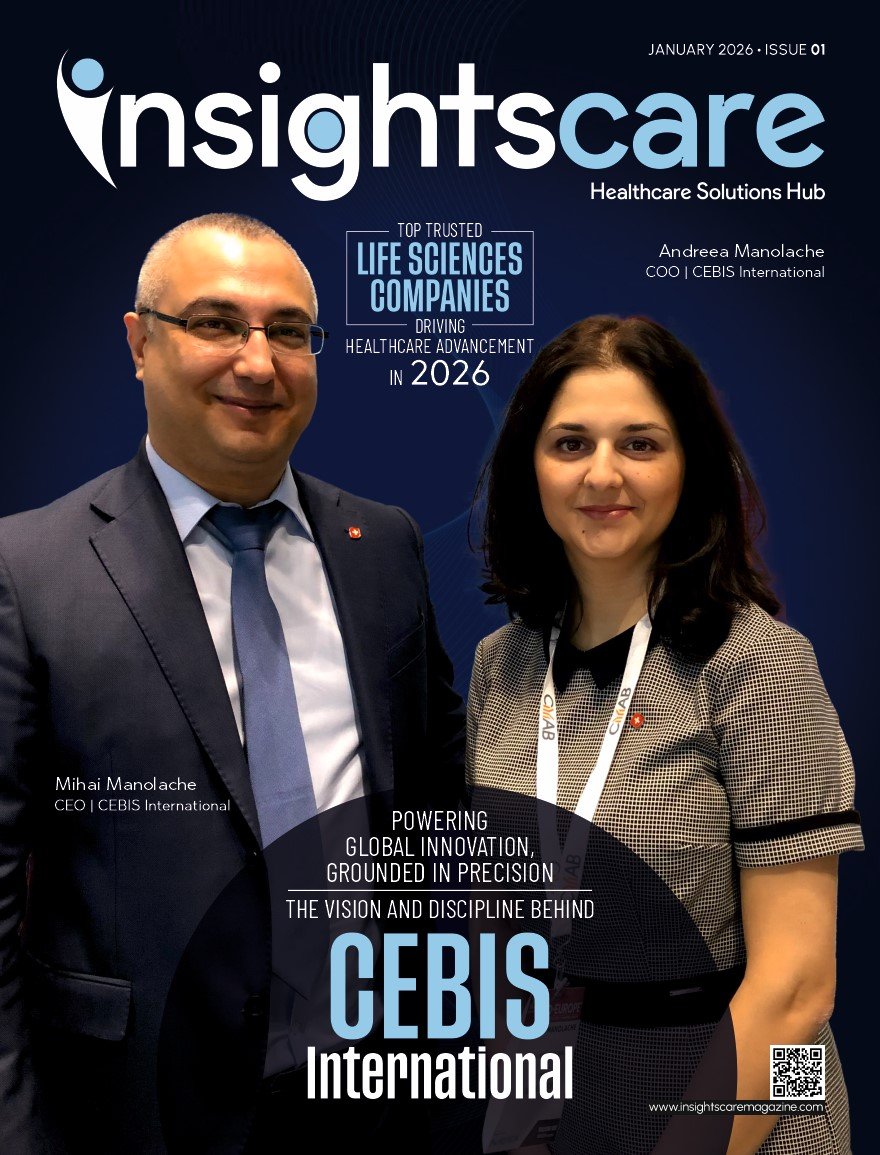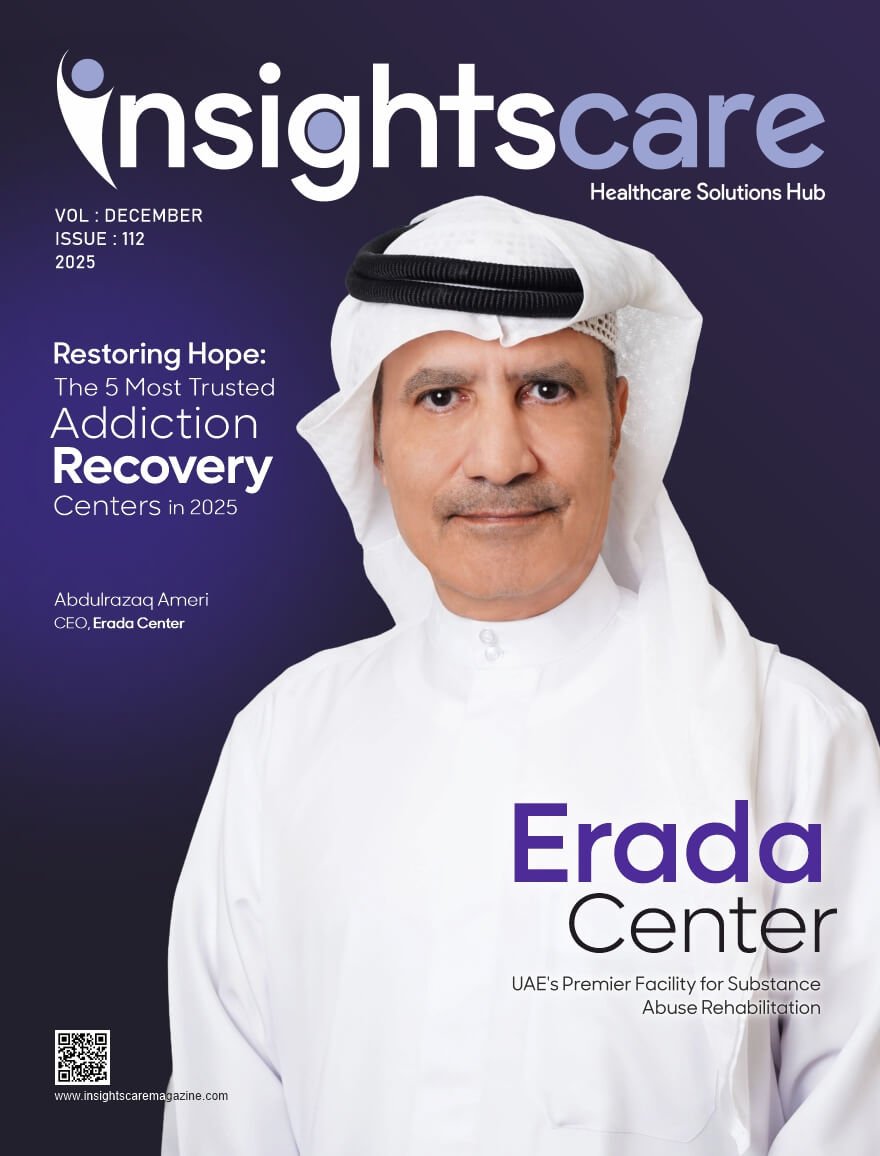Prime Highlights:
The World Health Organization warns that drug-resistant bacteria are spreading faster than the development of new treatments, posing a serious threat to global public health.
WHO is urging stronger collaboration, data sharing, and new funding models to accelerate innovation in antibacterial treatments and diagnostics.
Key Facts:
The number of antibacterial drugs in clinical development dropped from 97 in 2023 to 90 in 2025, with only 15 considered innovative and many lacking sufficient data on cross-resistance.
Antimicrobial resistance kills over one million people annually, and diagnostics, especially in low-resource areas, remain insufficient, with major gaps in biomarker and point-of-care testing tools.
Background
The World Health Organization (WHO) has warned that drug-resistant bacteria are spreading faster than the development of new treatments and diagnostic tools. Antimicrobial resistance (AMR), where bacteria and other microbes no longer respond to medicines, kills over one million people annually, the agency said. WHO’s 2025 report on antibacterial agents shows the number of drugs in clinical development fell from 97 in 2023 to 90 in 2025. Out of these, 50 are traditional antibiotics and 40 are non-traditional treatments like bacteriophages, antibodies, and therapies that affect the microbiome. Only 15 drugs are innovative, and 10 have insufficient data to prove that they are not cross-resistant. Serious gaps remain in pediatric formulations, oral treatments for outpatients, and combination therapies using non-traditional agents. Since 2017, 17 antibacterial agents have gained market approval, but only two represent entirely new chemical classes. The preclinical pipeline includes 232 programmes across 148 organisations, yet 90% of these are small firms with fewer than 50 employees, highlighting the fragility of global R&D efforts. Diagnostics are falling behind, especially in areas with limited resources. WHO reports shortages of multiplex platforms, biomarker tests to distinguish bacterial from viral infections, and simple point-of-care tools for primary and secondary care facilities. Dr. Yukiko Nakatani, WHO Assistant Director-General for Health Systems, said that drug-resistant infections will continue to grow unless more is invested in research and development and steps are taken to ensure that people who need the treatments can access them.
WHO calls for stronger collaboration, data sharing, and new funding models to accelerate innovation in antibacterial treatments and diagnostics, emphasizing the urgent need to protect global public health.










